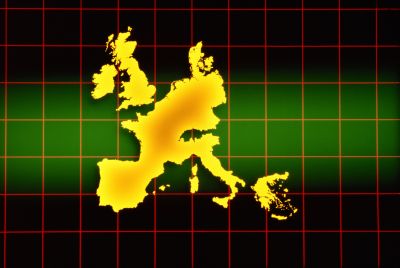The collective identity of Europe

The collective identity of Europe
European citizens’ cross-border practices highlight the everyday meaning of being European
EUCROSS is an EU-funded project that investigated European
citizenship-based social practices. The project examined social
experiences, knowledge, attitudes and practices of European citizens and
non-national residents to discern how different social categories
experience European integration and make it part of their lifestyles.
Common cross-border practices within Europe influenced by European integration and globalisation were documented. Researchers used quantitative surveys and qualitative in-depth interviews involving citizens of six Member States as well as Romanians (intra-EU movers) and Turks (third-country citizens) living in these same countries.
EUCROSS explored specific cross-border practices that facilitate identification with the EU, such as contacts with foreign friends, attitudes towards foreigners and shopping abroad. It also looked at which social groups are likely to adopt a European mindset in the wake of the Europeanisation of everyday life.
Phone surveys in different countries (8 500 interviews) were conducted and 160 follow-up in-depth interviews were completed. The team produced six working papers that classify cross-border practices and forms of suparnational identification, as well as outlining research findings. Results of the project have been disseminated to a wider academic and non-academic audience.
Overall, project outcomes will help policymakers prepare more effective policies for integration and for strengthening European identity. EUCROSS has informed debate on perceived diversities and commonalities in Europe, and showed how transnationalism has become a feature of many Europeans' lives, promoting closer identification with Europe.
published: 2015-06-18